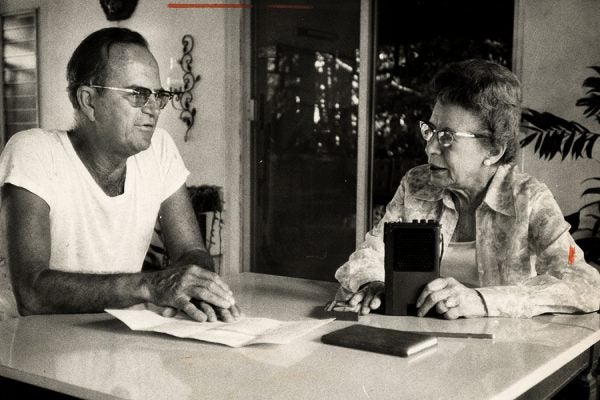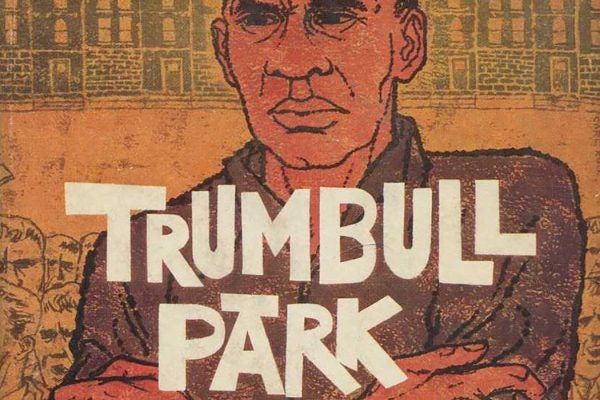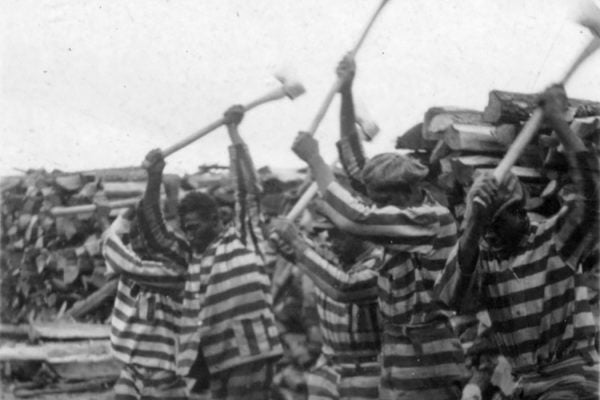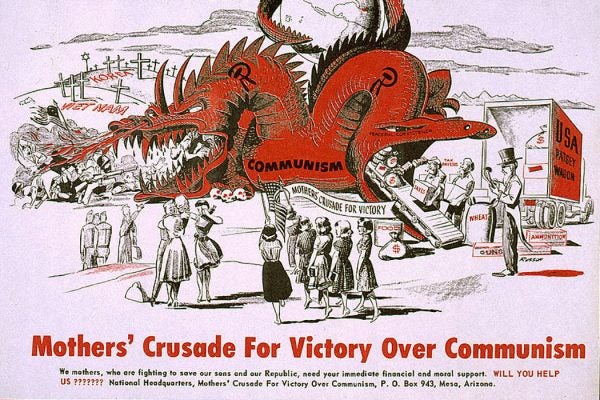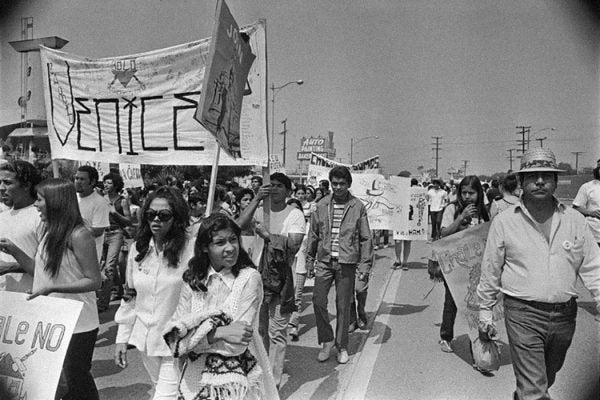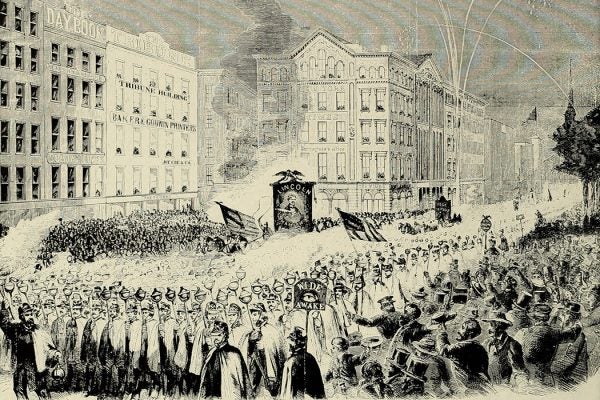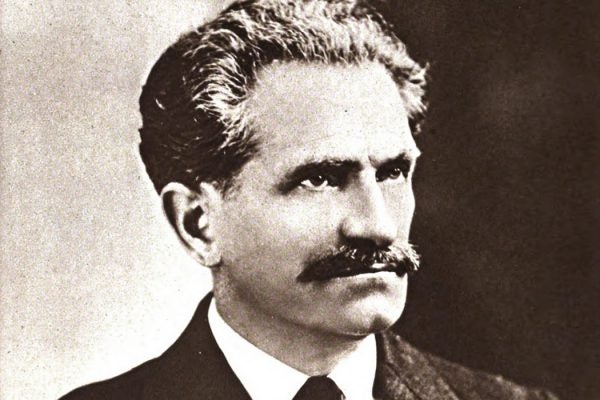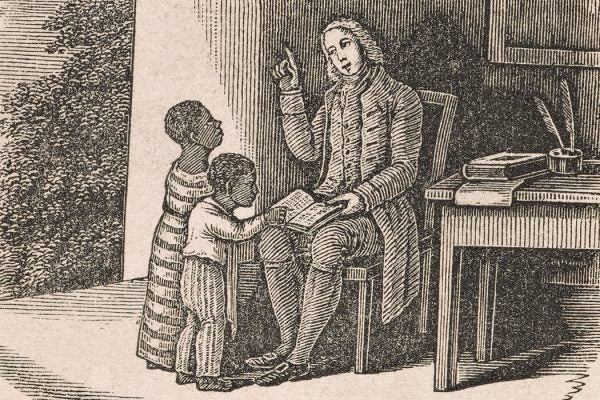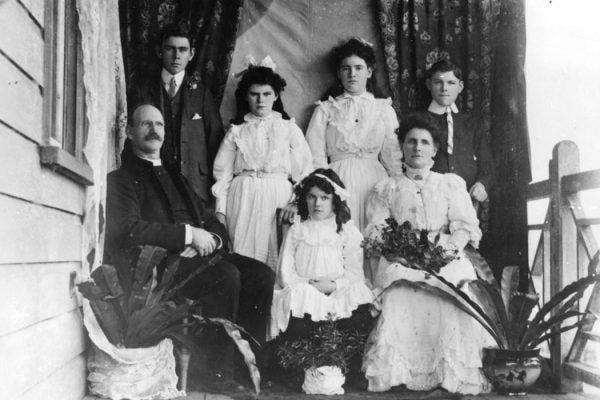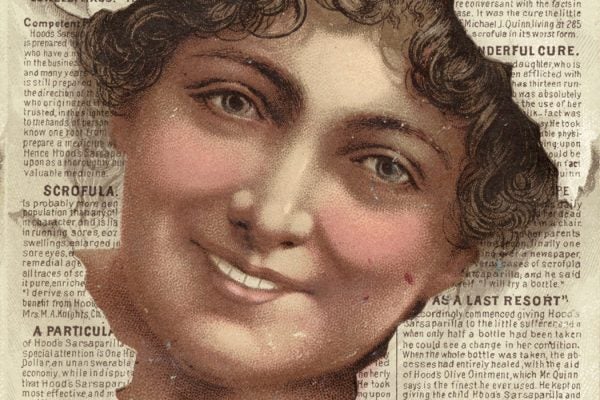How to Gather the Oral Histories of COVID-19
The Federal Writers’ Project offers vital lessons for capturing the oral histories of ordinary Americans living through the coronavirus pandemic.
How Trumbull Park Exposed the Brutal Legacy of Segregation
Frank London Brown’s 1959 novel, which presents a powerful story of white supremacist hatred, has been selected for the Chicago Literary Hall of Fame.
How Mass Incarceration Has Shaped History
A historian argues that it’s time to look at the consequences of locking up millions of people over several decades.
The Red Scare and Women in Government
In 1952, a government administrator named Mary Dublin Keyserling was accused of being a communist. The attack on her was also an attack on feminism.
Police Versus the Chicano Moratorium March of 1970
Despite police violence against Chicano demonstrators in Los Angeles, the movement was not deterred.
Abolitionist “Wide Awakes” Were Woke Before “Woke”
“Now the old men are folding their arms and going to sleep,” said William H. Seward while campaigning for Lincoln, “and the young men are Wide Awake.”
How Jewish Immigrants Changed American Psychology
Secular Jewish psychologists like Boris Sidis criticized the positive optimism of Protestant-centered psychology.
The Undercover Abolitionists of the 18th Century
Since many people considered them an off-putting radical sect, some Quaker abolitionists worked behind the scenes to eradicate slavery.
What the Reconstruction Meant for Women
Southern legal codes included parallel language pairing “master and slave” and “husband and wife.”
How the Ban on Medical Advertising Hurt Women Doctors
Intended to protect consumers from unscrupulous quackery, a nineteenth-century ban on medical advertising proved to be a double-edged sword.
